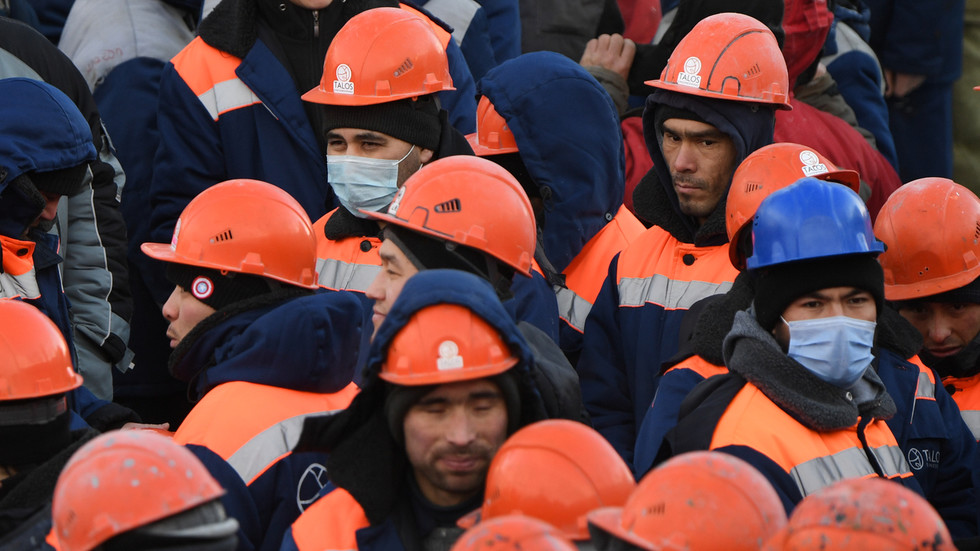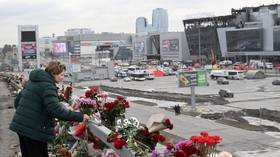
The country is stepping up controls on illegal immigration in the wake of last month’s terrorist attack near Moscow

© Sputnik / Aleksandr Kryazhev
The Russian region of Crimea has banned foreigners from working in certain industries due to an influx of illegal immigrants, the press service of local Governor Sergey Aksyonov has announced.
According to a decree signed by the regional head on Monday, the list includes 35 areas in which foreign citizens will not be permitted to work. Among them are transport, agriculture, livestock farming, hunting, mining, food and beverage production, IT, media, trade, real estate, and education.
“Effectively, labor migrants will be able to work only in construction and tourism,” Aksyonov clarified in a statement, adding that each migrant’s work permit must now indicate their profession.
The governor noted that the decree will be adopted gradually over the next six months, so that migrant workers and their employers have time to prepare for the changes. The new regulation is so far temporary, and is set to be in force until the end of 2024.
Crimea has been suffering from an influx of illegal immigrants, according to Aksyonov, who said more than 500 have recently been identified in the region – one fifth of whom were working without permission.
“Labor migration must become more controlled, and violators should be expelled from Russia. We welcome all foreign workers who come to work in Crimea, but their stay here must become more regulated,” Aksyonov said.
Authorities in Russia have stepped up efforts to tighten immigration regulations following the terrorist attack on the Crocus City Hall concert venue in Moscow Region last month, which claimed more than 140 lives. While officials have stated that the attack may have been organized by the Ukrainian security services, those who allegedly carried out the massacre, as well as other suspects in the case, were migrants from Tajikistan.

In the wake of the attack, Russian President Vladimir Putin said it is necessary “to tighten the legislation” regulating migrants. He called on the government to determine activities in which foreign citizens may safely be involved, as well as spheres in which it would be preferable to hire Russians.
Earlier this month, the Ministry of Internal Affairs submitted a bill establishing the legal basis for mandatory collection of biometric data from foreigners upon their entry into Russia, as well as strengthening control over employers that attract foreign workers. Separately, the Labor Ministry has developed a bill that proposes limiting the term of labor contracts with migrants to two years.
According to official data, over 100,000 illegal immigrants were deported from Russia for various offenses last year, a 65% increase from 2022.




